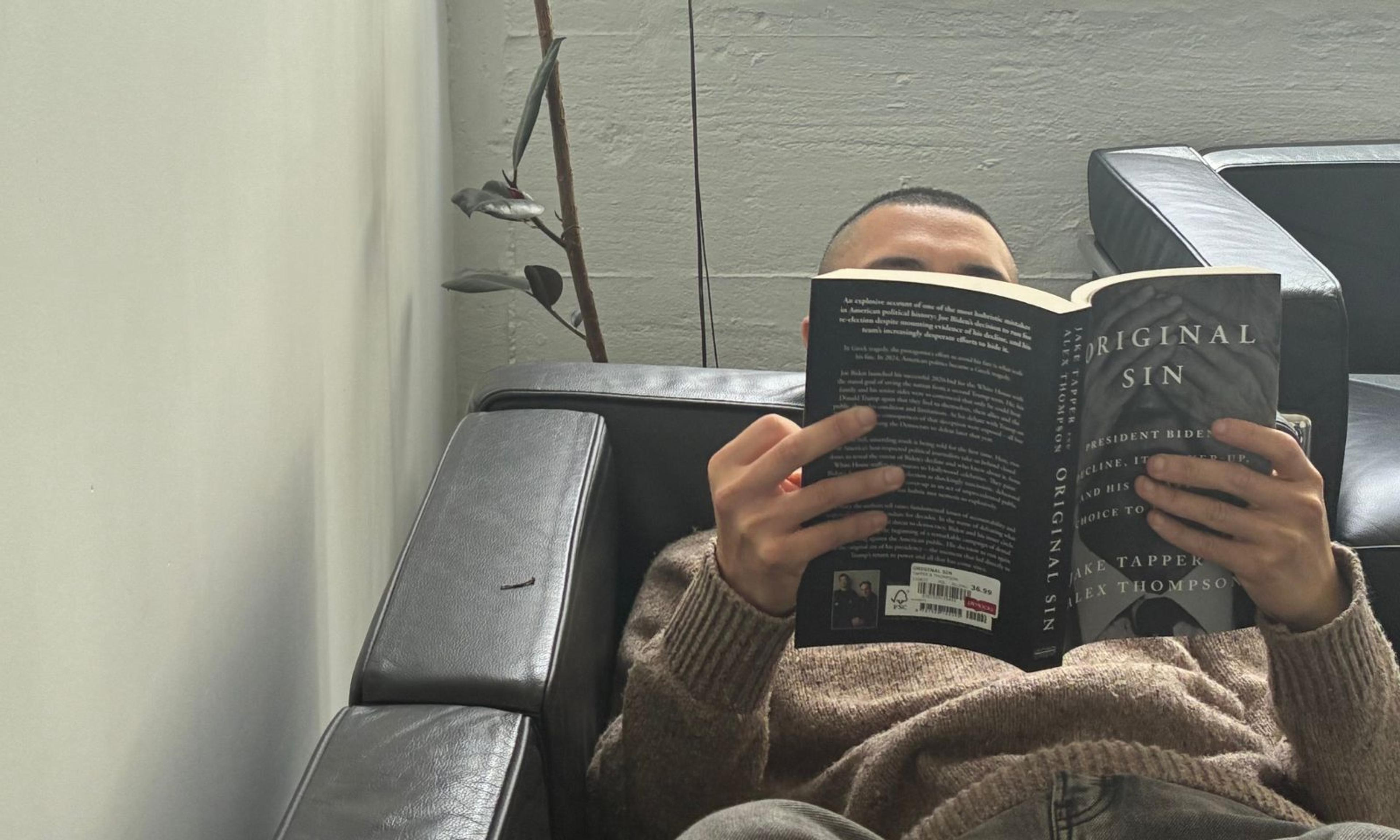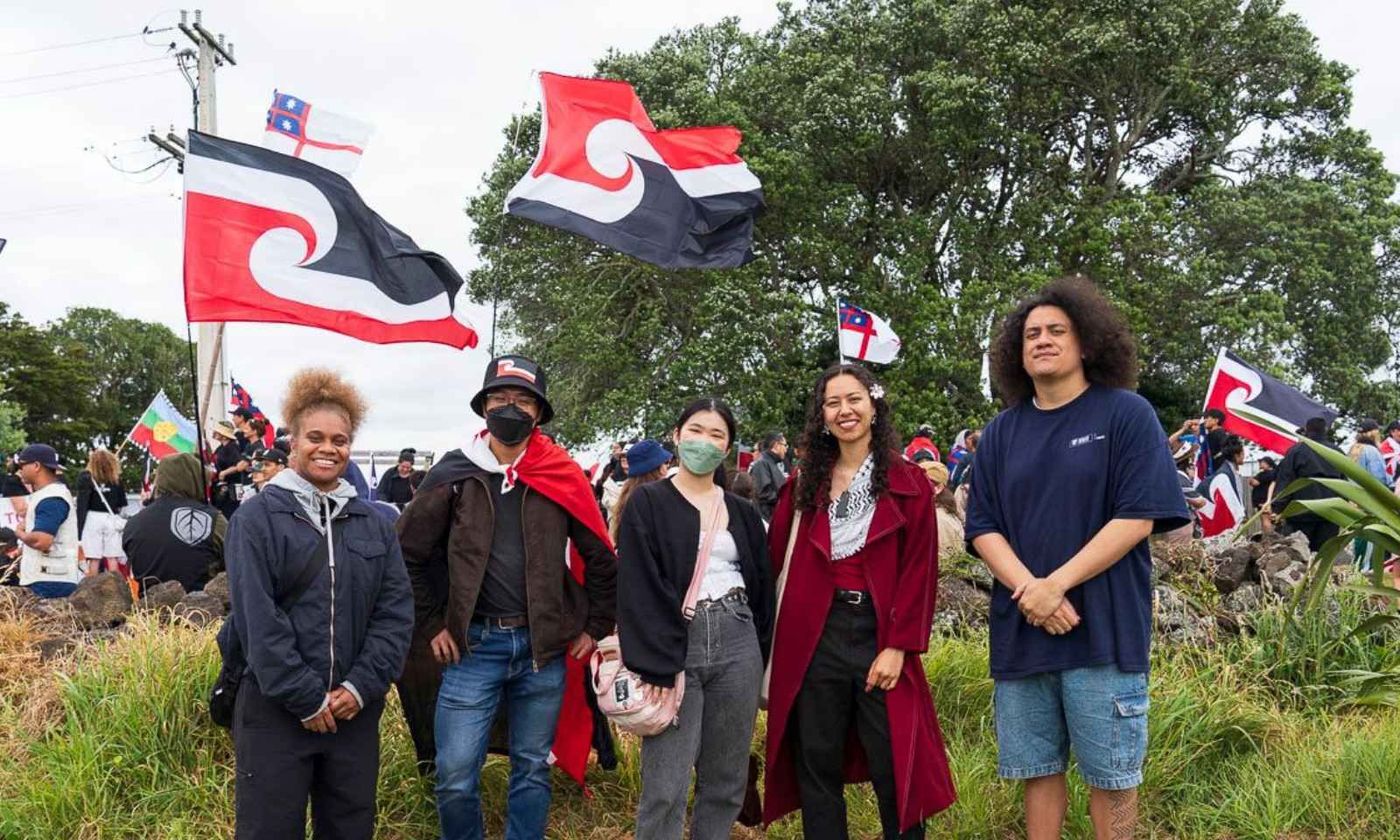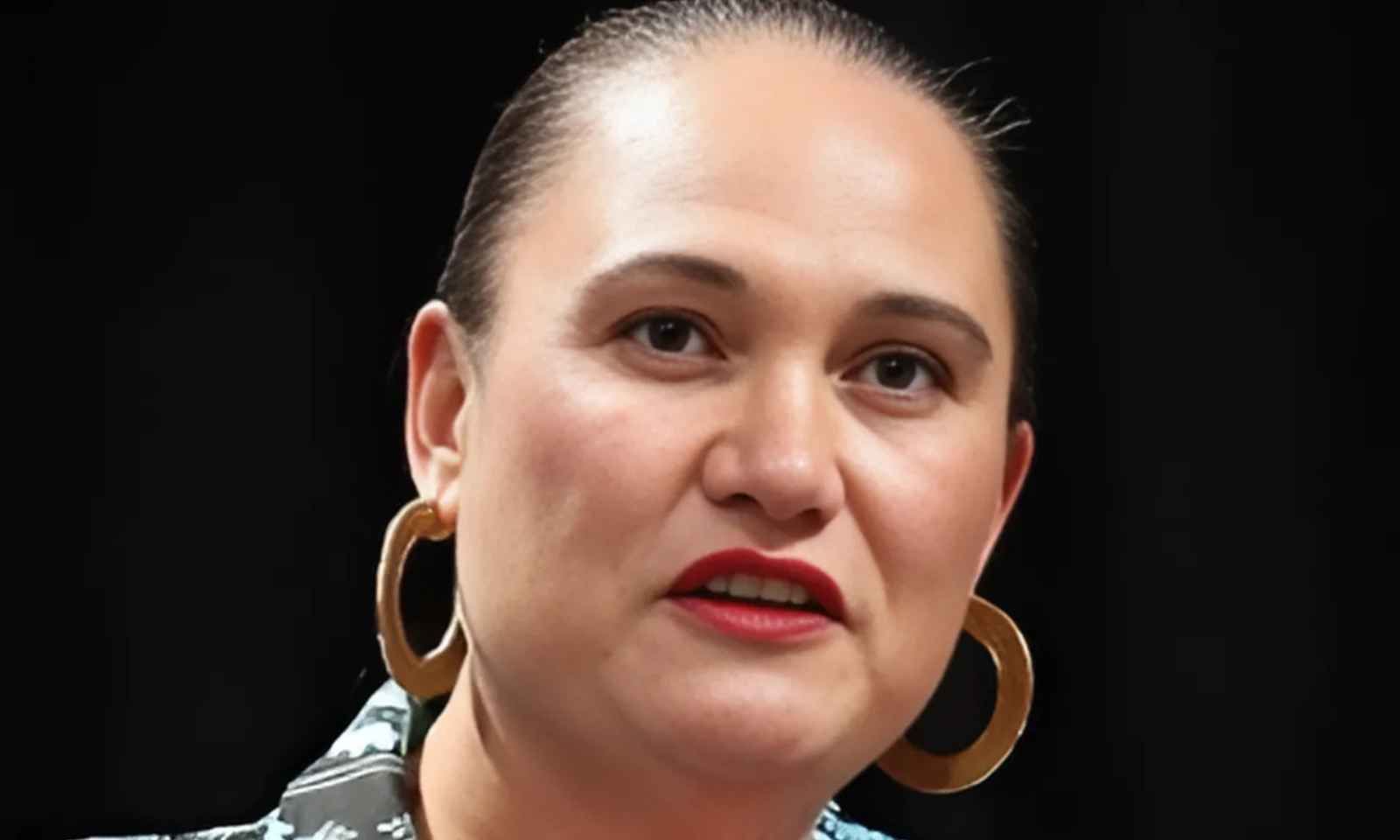

Julia Whaipooti is a leader at Te Kāhui Tika Tangata, the Human Rights Commission.
Photo/Human Rights Commission
Human rights at risk with Treaty Bill - Commission
Julia Whaipooti warns the bill undermines Māori rights and the Treaty’s role as a unifying document for Aotearoa.



‘Love is justice, lived out loud’: Reverend Wayne Toleafoa honoured for service


Pacific leaders humbled by recognition in New Year 2026 Honours


Climate disasters in 2025 impact Pacific children, review finds

‘Love is justice, lived out loud’: Reverend Wayne Toleafoa honoured for service


Pacific leaders humbled by recognition in New Year 2026 Honours
Outrage erupted across New Zealand as the Treaty Principles Bill passed its first reading, fueling concerns the proposed Bill would cause mass division.
Human Rights Commission Tatau Urutahi (shared leader) Julia Whaipooti said the Bill's framing diminishes Māori rights and disregards the Treaty’s original purpose.
“The Bill really presents some incorrect, misleading positioning around what Te Tiriti is in this country.
“It's really something that we don't support from the [Human Rights] Commission.
“It's not something that is very useful. It's unworkable and in breach of many human rights positions for us as a country. ”
Watch Julia Whaipooti's full interview below.
The ACT Party’s Treaty Principles Bill passed its first reading in the House on Thursday afternoon with support from the Government.
Parliament was suspended during the vote with a haka led by Te Pāti Māori MP Hana-Rawhiti Maipi-Clarke.
Watch the haka erupt in Parliament before the Bill passes its first reading.
Whaipooti, a former lawyer, said the reaction reflected the sentiment that Māori currently feel.
“[Maipi-Clarke] is holding herself as a Māori, who happens to be an MP and standing in that light and speaking to many of our people, who are frustrated by the use of this tool, by the use of Parliament to put this Bill through and the exclusion of our voices and our rights.
“Papa Moana [Jackson] often spoke about it to first-year lawyers, who are Māori, ‘Are you a lawyer who happens to be Māori or are you a Māori who happens to be a lawyer?’”
Speaking to William Terite on Pacific Mornings, Whaipooti spoke of the nine-day hīkoi to Parliament and said its diverse support was a powerful counter to the Bill’s rhetoric.

Participants of hīkoi at Ihumātao. Photo/PMN News/Candice Ama
“It’s not just Māori taking a stand, it’s tangata Tiriti in their thousands.
“This solidarity demonstrates that New Zealanders value the principles of Te Tiriti as a source of unity.”
Labour Deputy Leader Carmel Sepuloni echoed Whaipooti's concerns and described the Bill as “dangerous” and “divisive.”
She also criticised ACT Party leader David Seymour’s rhetoric of “we are all one,” arguing it fundamentally undermines the rights guaranteed to Māori under the Treaty of Waitangi.
“Of course, we’re all human,” Sepuloni said.
“But to deny the unique status of Māori as tangata whenua is to erase their historical and cultural significance.”

Labour's Deputy Leader Carmel Sepuloni. Photo/Facebook Carmel Sepuloni
She expressed fears about the Bill’s impact on social cohesion, suggesting it could damage New Zealand’s social fabric.
Sepuloni also noted discomfort within the National Party.
“Even some National MPs look deeply uncomfortable. The hīkoi and public outcry are only set to grow as people reject this attempt to rewrite the Treaty’s principles.”
Labour MP Willie Jackson was ejected from the House after calling David Seymour a liar.
Sepuloni added that the legislation had fractured public discourse rather than fostered unity, as Seymour proposed.
“This isn’t a constructive conversation, it’s a deliberate effort to undermine indigenous rights while cloaked in the language of equality.”
The Bill has been referred to Parliament’s Justice Select Committee, where it is expected to undergo a six-month public consultation process before coming back to the House for its second reading.
Watch Carmel Sepuloni's full interview.